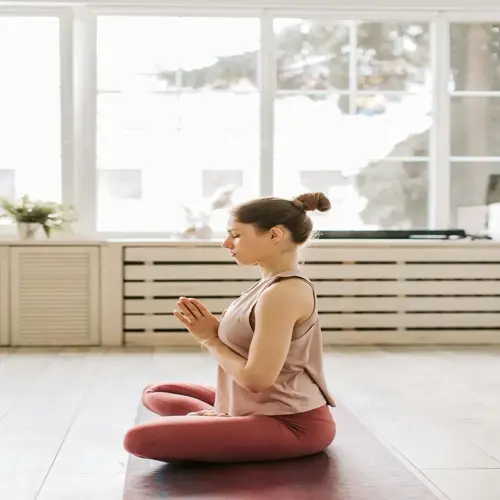What daily habits worsen anxiety?

Written by
Thomas Wilson
Reviewed by
Prof. Graham Pierce, Ph.D.The first step in achieving sustainable relief is becoming aware of the daily habits exacerbating anxiety. Many habits, such as excessive screen time, caffeine dependence, etc., often go unnoticed by individuals while feeding anxiety. I help clients identify these habits, which are usually unrecognized, through the use of mindful awareness journals. A small change can go a long way.
Caffeine Consumption
- Exceeding 200mg daily overstimulates adrenal glands
- Afternoon intake disrupts evening relaxation cycles
- Energy crash cycle mimics anxiety symptoms
- Gradual reduction prevents withdrawal headaches
Sleep Disruption
- Inconsistent bedtimes confuse circadian rhythms
- Screen use before bed suppresses melatonin production
- Under 7 hours increases cortisol by 37%
- Dark cool rooms significantly improve sleep quality
Avoidance Patterns
- Skipping social events reinforces isolation fears
- Delaying tasks creates backlog stress
- Excessive reassurance seeking worsens dependency
- Gradual exposure reduces fear responses
Nutritional errors, including skipping meals, cause fluctuations in blood sugar, leading to anxiety attacks. Processed foods often lack magnesium, which is essential for maintaining serenity. I teach clients how to easily prepare meals with adequate protein and complex starches every four hours. Balanced nutrition helps prevent energy drops, thereby reducing the risk of panic attacks.
Digital overload stemming from the incessant barrage of notifications keeps our nervous systems vigilant. Employ tech boundaries like cut-offs for email and notification-free time frames. My personal rule: no screens at meals or 90 minutes before bed. This provides mental space to greatly lower anxiety levels.
Consultation with a professional provides insight into discerning undisclosed habit formations through cognitive behavioral therapy. Therapists can make connections between avoidance and increased anxiety. Don't hesitate to reach out for assistance when self-help efforts hit a plateau. You (and your mental well-being) deserve professional help.
Read the full article: 10 Ways to Achieve Anxiety Relief Naturally

